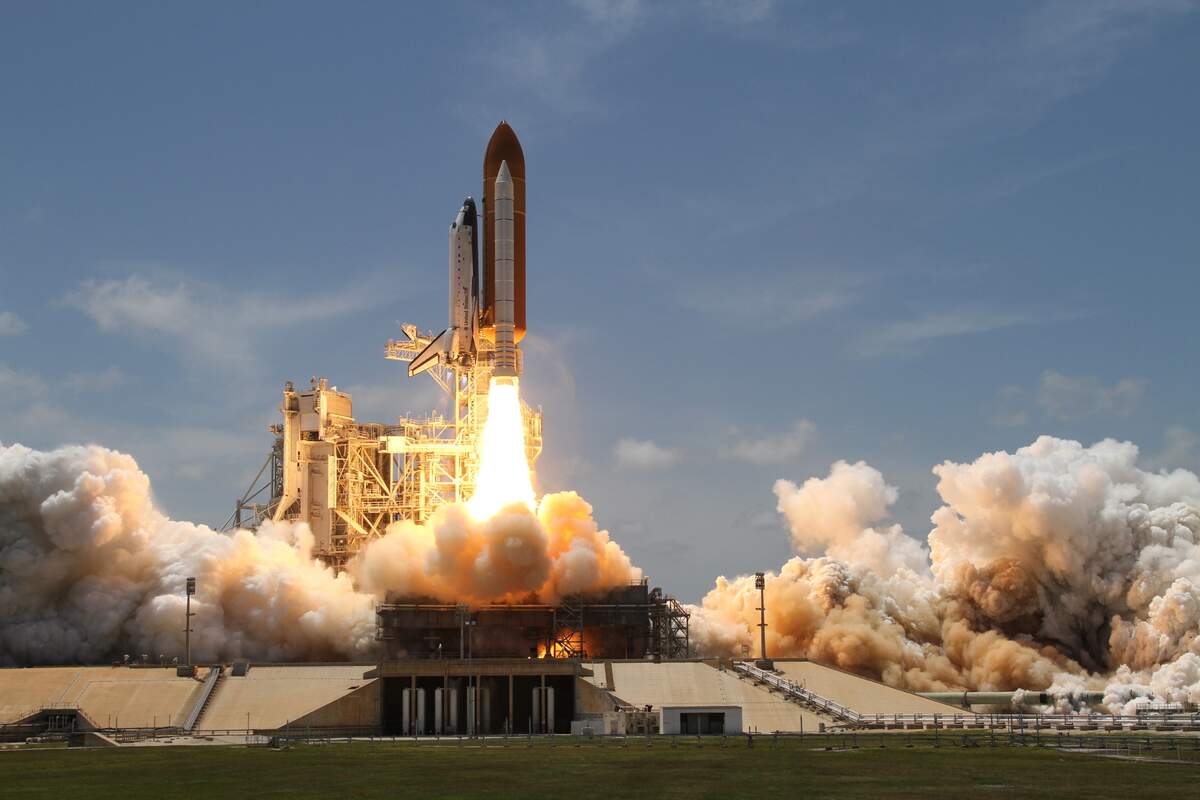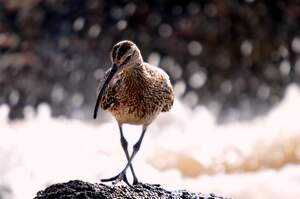

Goddard Day
Observed
annually on March 16th (since 1965)
Dates
Founded by
President Lyndon Johnson on March 12th, 1965
United States Congress on March 12th, 1965
Hashtags
Sources
https://digital.wpi.edu/downloads/p2676z37w
https://www.britannica.com/biography/Robert-Goddard
https://www.govinfo.gov/content/pkg/STATUTE-79/pdf/STATUTE-79-Pg23.pdf
https://www.nasa.gov/centers/goddard/about/history/dr_goddard.html
https://www.presidency.ucsb.edu/documents/proclamation-3644-goddard-day
In March 1965, Congress designated Goddard Day "to promote public knowledge of progress and achievement in astronautics and related sciences," which they noted were "having an increasing impact on the daily lives of the people, the national security, and long-range human progress." Additionally, Congress set the day aside to honor the memory and accomplishments of Doctor Robert Hutchings Goddard, "the father of modern rockets, missiles, and astronautics." The legislation instructed the administrator of NASA to "provide for appropriate ceremonies, meetings, and other activities," and the President of the United States was "authorized and requested to issue a proclamation calling upon officials of the Government and the public to participate in the ceremonies, meetings, and other activities." Consequently, President Lyndon Johnson issued Proclamation 3644.
The Congressional legislation designated Goddard Day just for 1965, but the day has continued to be observed unofficially since. March 16th was chosen for its date because it was on that date in 1926, on his Aunt Effie's farm in Auburn, Massachusetts, that Goddard became the first to launch a liquid-fuel rocket. Goddard's work, not only with the rocket launch, but with his work in the theory, construction, and testing of rockets laid the foundation for modern rocketry and space exploration.
Robert Hutchings Goddard was born on October 5, 1882, in Worcester, Massachusetts. As a child, he was inventive and had an interest in mechanics and physics. In 1907, as a college student at Worcester Polytechnic Institute, he gained notice when he fired a powder rocket in the basement of the physics building. But things moved up from there, and in 1914 he received two patents in the United States, one for a rocket that used liquid fuel and another for a two-stage or three-stage rocket with solid fuel. He created the bazooka and demonstrated it just days before the Armistice of 1918. The following year, he published a report titled "A Method of Reaching Extreme Altitudes" in Smithsonian Miscellaneous Publication No. 2540, in which he developed mathematical theories of rocket propulsion, and posited the possibility of a rocket reaching the moon.
Goddard's groundbreaking liquid-fuel rocket launch took place on today's date in 1926. Three years later, he launched a rocket that had the first scientific payload—elements carried by a spacecraft to gather data about a flight and send it back to Earth—which consisted of a barometer and camera. In 1935, he shot a liquid-fuel rocket faster than the speed of sound, and in 1936 he published "Liquid Propellant Rocket Development," which detailed progress on his work. The bulk of his experimental rocket flights took place in Roswell, New Mexico, and he was able to continue his work through the years on account of small subsidies from the Daniel and Florence Guggenheim Foundation and the Smithsonian Institution, and because of leaves of absence from the Worcester Polytechnic Institute, where he taught.
Towards the end of his life, Goddard lent his talents to the war effort, when he worked for the U.S. Navy and developed practical liquid propellant rocket motors and jet-assisted takeoff rocket motors. Goddard died of throat cancer on August 10, 1945. He was posthumously awarded the Congressional Gold Medal in 1959. That same year, NASA opened the Goddard Space Flight Center in Greenbelt, Maryland. It was formally dedicated on March 16, 1961, on the 35th anniversary of the launch of the first liquid-fuel rocket, and on what would become Goddard Day in four years, which we celebrate today!
How to Observe Goddard Day
Some ideas on how to celebrate Goddard Day include:
- Stop at the the Goddard Rocket Launching Site.
- Visit NASA's Goddard Space Flight Center.
- Build a liquid-fuel rocket. You could even make one that is modeled after one of Goddard's rockets!
- Watch a video about Robert Goddard.
- Read "A Method of Reaching Extreme Altitudes" or a book about Robert Goddard.
- Visit Goddard Memorial Library at Clark University and Worcester Polytechnic Institute.





















